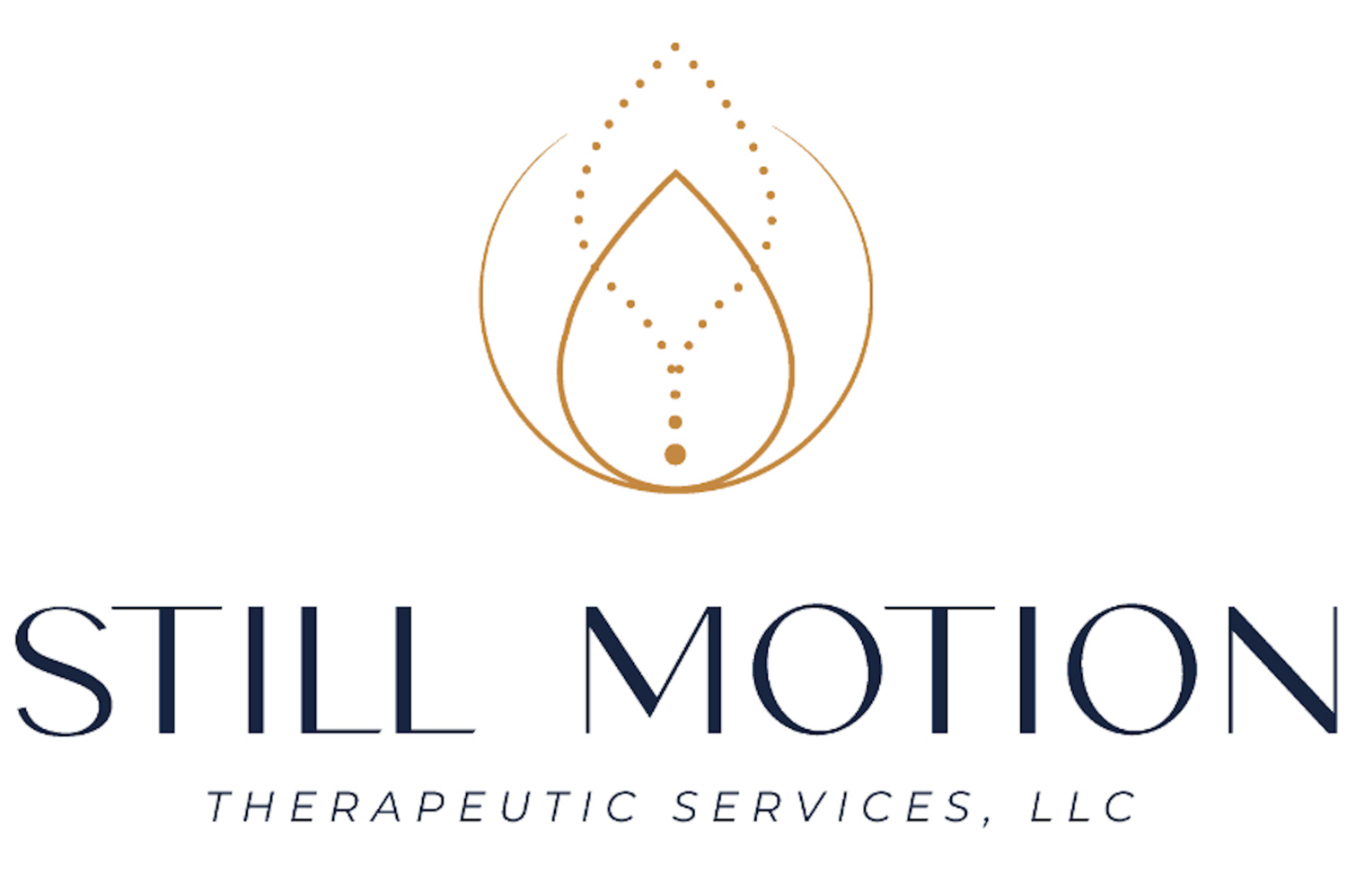5 Things You Can Do Right Now To Improve Your Mental Health
/In 2024, mental health will become a larger priority for people. This is because of the recent push and advocacy surrounding mental health. Understanding ways to instantly improve your mental health is a pivotal way to find stillness in your everyday life. Some benefits of improved mental health can include lowered stress levels, and improved focusing. Therefore, you may wonder what you can do instantly to help your mental health. Here are some tips below.
Schedule an appointment to see a Reiki specialist
Though this may not find you instant results, finding a Reiki specialist can allow you to constantly work to improve your mental health. Why try Reiki? Some Reiki benefits include: inner child healing, reducing stress, calming nerves, and much more. After all, finding a specialist would be your first step towards improvement.
Yoga poses
Some suggested poses that can help with mental health are: Balasana (also known as child pose), and Savasana. These poses can both be done anywhere which is even more beneficial for when you are feeling anxious, or need to feel still.
Schedule an appointment with a mental health counselor
This is the first step to improving mental health in so many ways. Whether you need someone to listen or help you with healthy ways to feel still in everyday life. Scheduling an appointment is a large beneficial step that will have long-term benefits. If you are unsure of where to find a mental health counselor check out the website: betterhelp.com, psychologytoday.com and Zocdoc.com
Get up and move around
Whether you walk in place or go for a short walk. Movement is shown to help lower blood pressure, slow anxious thinking, and much more.
Journal your feelings and thoughts
Journaling can help in many ways. Mad? Pick up your journal and write down everything you are thinking and want to say. Do this with other emotions and feelings as well.




